The dust is yet to settle over the privatisation of Nigeria’s power entities following a series of new revelations on questionable payments made to consultants.
CPCS Transcom, a Canadian firm, was paid $10 million for “advisory services” by the Niger Delta Power Holding Company (NDPHC) for the privatisation of 10 National Integrated Power Project (NIPP) plants.
However, the same firm had received a far less $6.663 million for a much bigger job: the privatisation of 11 distribution companies (discos) and six generation companies (gencos) of the Power Holding Company of Nigeria (PHCN).
This was despite the fact that the PHCN privatisation was conducted before NDPHC.
Advertisement
“It was the template that BPE used for PHCN that was adopted by NDPHC for the sale of the NIPPs, yet CPCS was paid higher for the privatisation of the 10 plants than it was paid for 11 discos and six gencos,” an insider in the know of the deals told TheCable.
The source said the Bureau for Public Enterprises (BPE), under the leadership of former DG, Bola Onagoruwa, got a “far better” deal with CPCS “but the former vice-president, Namadi Sambo, played a major role in the decision to pay the Canadians a much larger sum for a smaller job at NDPHC”.
Negotiations
Advertisement
Sambo was the chairman of both the National Council on Privatisation (NCP) — which the BPE serves as secretariat — and the NDPHC, which was in charge of the NIPPs.
“To be fair to him, Sambo did not interfere in the negotiation for the $6.663 million payments in respect of PHCN by the BPE. Even if he was unhappy with it, he did not say anything. It is also possible that he could not fault the BPE. However, he became very interested in the NDPHC case. Inevitably, $10 million was approved for CPCS for a similar but smaller job,” the insider said.
Sambo is said to have worked “very closely” with James Olotu, the MD of NDPHC, over the $10 million deal.
The NIPP plants are located at Geregu, Calabar, Egbema, lhorvbor, Gbaran, Ogorode, Omoku, Alaoji, Olorunsogo, and Omotosho.
Advertisement
The PHCN gencos are at Afam, Sapele, Ughelli, Geregu, Shiroro and Kainji, while the discos are at Yola, Kano, Jos, Kaduna, Eko, lkeja, Benin, Port Harcourt, Enugu, Ibadan and Abuja.
Re-privatisation
Meanwhile, TheCable understands that following hitches in the privatisation of Afam Generation Plc and Kaduna Distribution Company, Benjamin Dikki, the BPE DG, sought the approval of the Bureau of Public Procurement (BPP) to pay CPCS $2 million for a rerun of the process.
BPP baulked at the figure and approved only $500,000 — representing 25% of the quoted fee and giving an indication of what could have been negotiated in previous deals.
Advertisement
The BPP had also prevented the BPE from spending N2.2 billion on a suspicious “training programme” for disengaged PHCN workers, TheCable learnt.
In refusing to grant “No Objection” to the project, BPP had argued that it was unreasonable to spend such amount on workers whose services had already been dispensed with.
Advertisement
BPP also pointed out that it would have been better if the project had taken place before the workers were disengaged.
Insurance premiums
Advertisement
TheCable recently reported some questionable deals at the BPE, including retrospective payments of insurance premiums totalling N27 billion for “cover” not provided to PHCN.
Government officials involved in the insurance deal are said to have shared between N500 million and N1 billion each.
Advertisement
Also, BPE has had to explain the alleged shady deals involved in payments of over N1 billion to consultants, including the office of the accountant-general of the federation, over the PHCN privatisation.
The bureau was also accused of colluding to refund N29.2 billion to Integrated Energy Distribution and Marketing Company (IEDM) in a share buy-back deal over the Yola Electricity Distribution Company which IEDM acquired in 2014.
IEDM sought to pull out of Yola disco citing force majeure over the insurgency in the north-east region, even though Boko Haram had been operating in the area long before the company decided to buy the entity.
It was alleged that the deal was pre-arranged to fleece the federal government of billions of naira.
7 comments
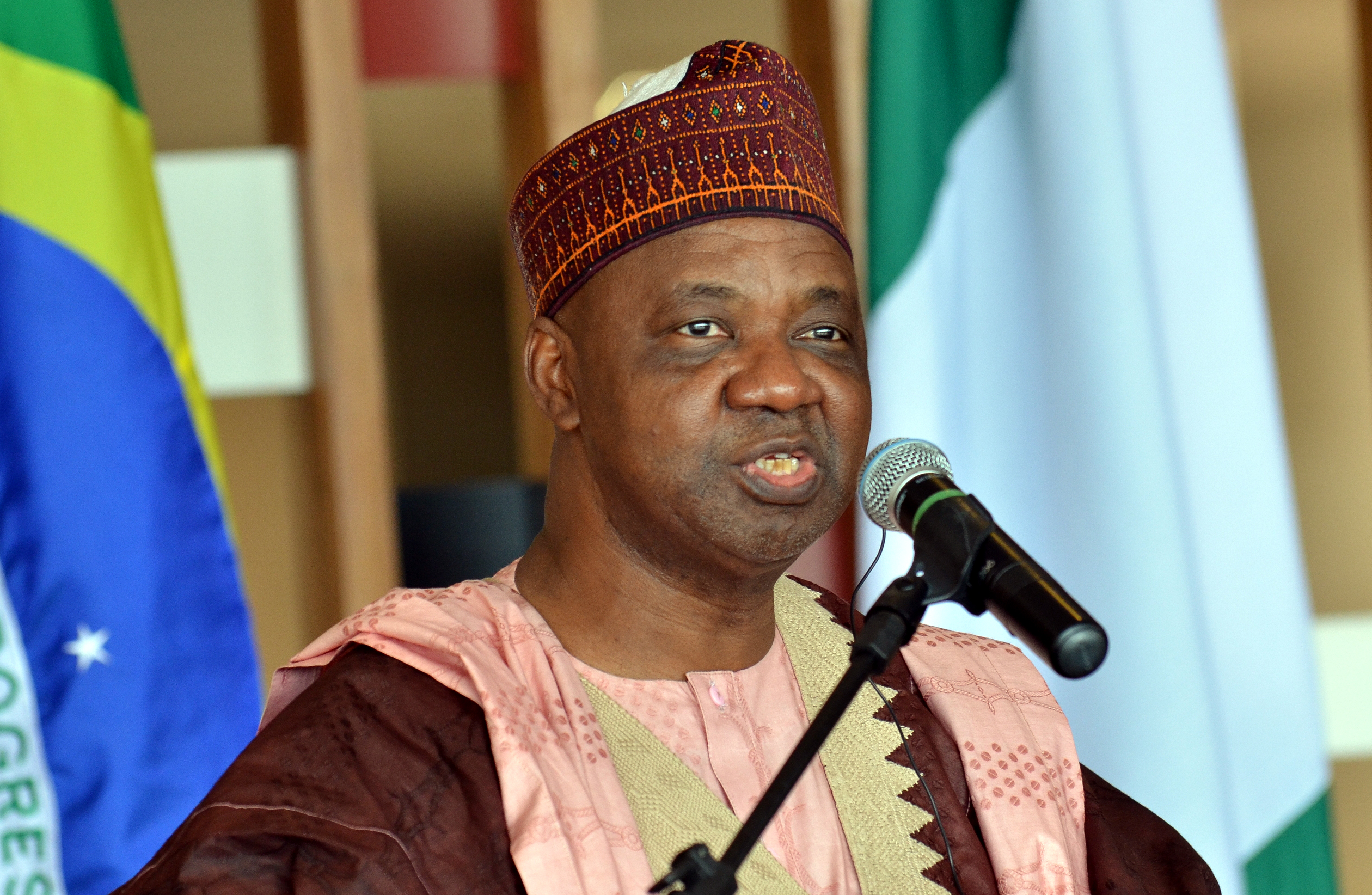
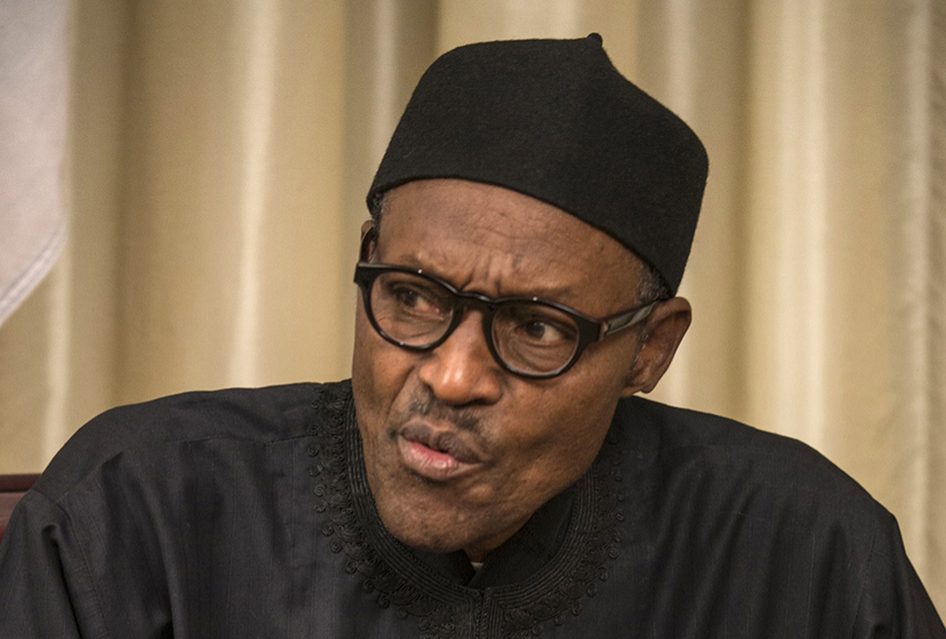

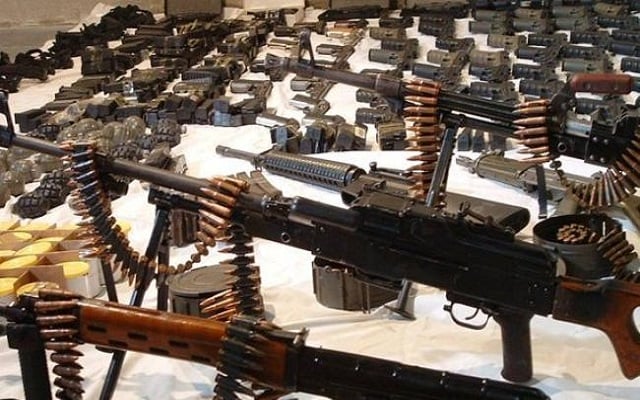
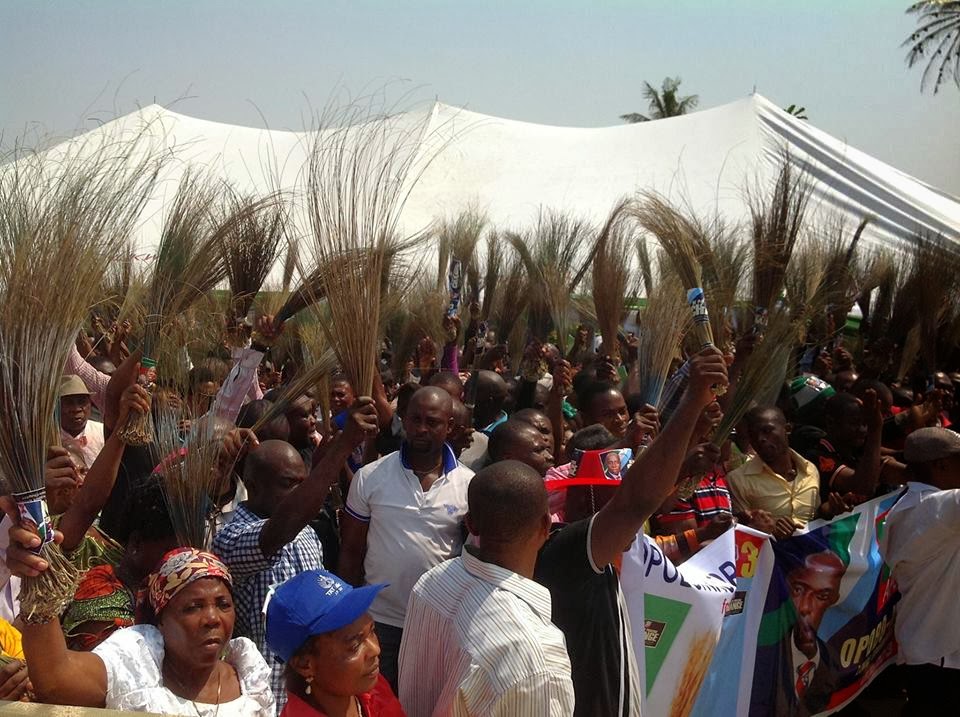

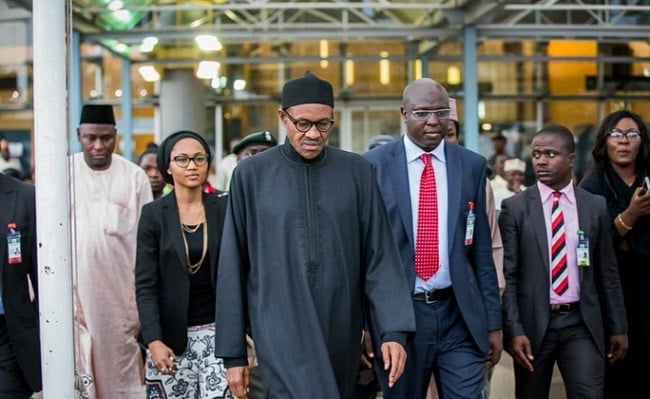
Ain’t seen nothing yet! Watch out for parts 2,3,4,5,6,7,8,9,10!!!
I really do not get the Yola disco story. If they asked for a refund of the money they paid how does that represent a scam? Perhaps breach of contract but calling it a scam might be an incorrect label if there was indeed a payment made by IEDM
How about forcing the buy-back at a premium above the unit price it was originally sold for? If they didn’t invest on the assets of the company and they’re is not substantial value input into the the goodwill of the company, then there’s no Babas is for a premium buy-back and that calls for questions.
Just unfortunate that Nigerian government officials spend more time and effort devising ways to fleece the government. If one were to institute probes into illegal dealings, there will just be too many to probe.
Conscience has gone out the window in that country.
Corruption is a major legacy of GEJ. He did not pay attention to what his subordinates were doing. A probe of all sectors is necessary for us to progress.
That’s it! Just the beginning! It’s unthinkable how these Ex-leaders wasted the nation’s resources through exorbitant deals for their selfish interests. It’s so sad to see how these dudes enriched themselves with so much money than they could spend in their life time. The GEJ past administration is a FRAUD to Nigeria, and this PROBE must continue until they are all brought to book. SAI BUHARI SAI BABA.
buhari promised Johnathan not to fear anything in his administration doesn’t mean money won’t be refunded.